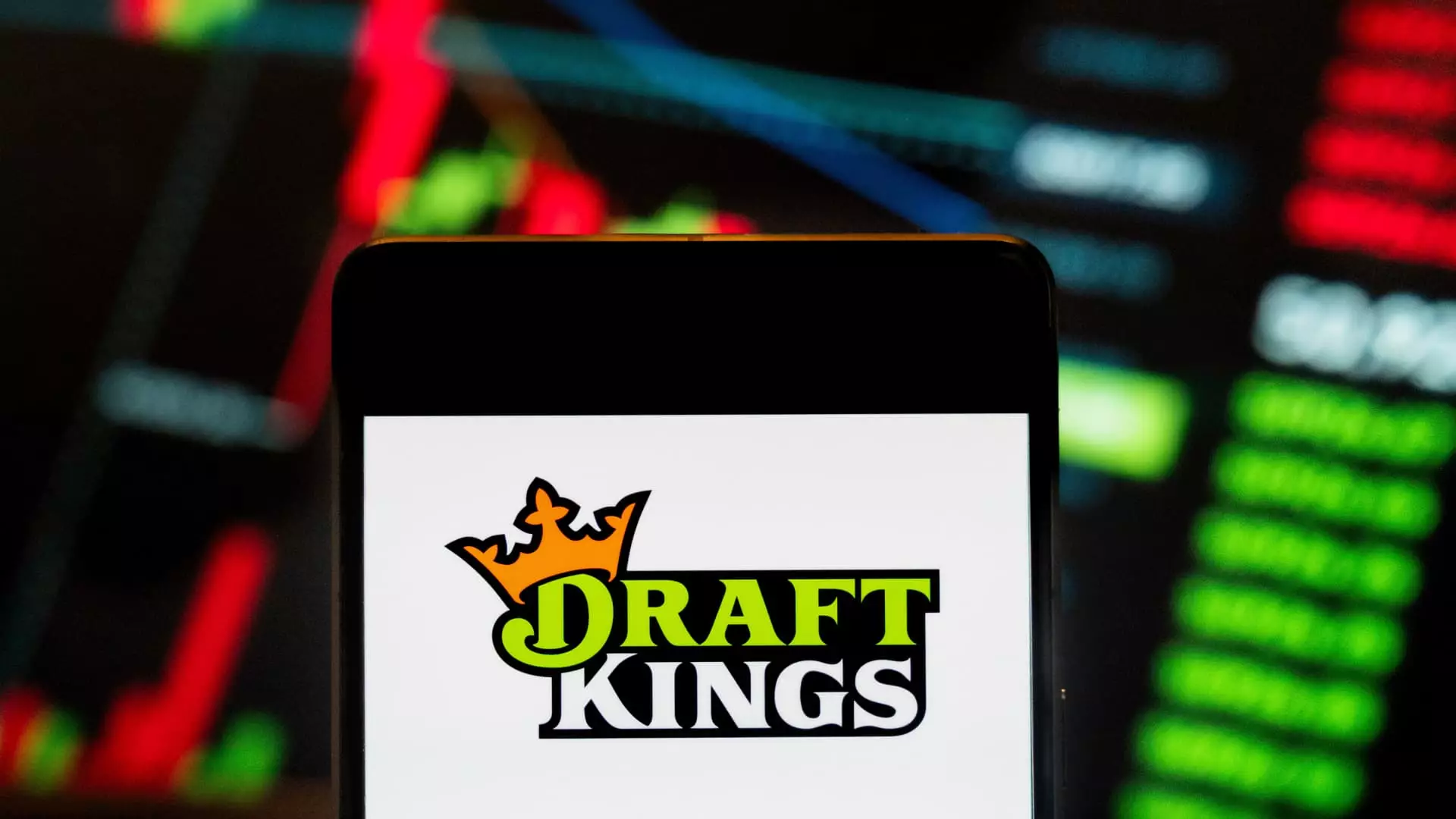DraftKings recently made the decision to impose a gaming surcharge on winning bets in states with high sports betting tax rates. This move is aimed at increasing the company’s profits. While the company’s CEO, Jason Robins, justified the decision by comparing it to taxes in other industries, such as hotels and taxis, it raises questions about the impact on consumers and the overall dynamics of the online betting industry.
The announcement of the gaming surcharge raises concerns about the financial burden it may place on consumers, particularly in states with tax rates above 20%. While Robins stated that the surcharge would be nominal for customers, amounting to a low- to mid-single-digit percentage of net winnings, the actual impact on bettors remains to be seen. In a scenario where a bettor places a $10 bet to win $20 and ends up paying 30 cents in surcharges, the cumulative effect of these charges on regular bettors could be significant over time.
DraftKings’ decision to implement a gaming surcharge may have broader implications for the online betting industry as a whole. The move comes at a time when the industry is facing increased regulatory scrutiny and competition. Other betting companies, such as FanDuel, could potentially follow suit and introduce similar surcharges to offset the impact of high tax rates in certain states. This could lead to a shift in how online betting operators price their services and interact with customers.
DraftKings’ decision to implement a gaming surcharge coincided with the company’s release of its second-quarter earnings, which marked its first-ever profitable quarter as a public company. While the company reported strong revenue growth and raised its revenue guidance for the year, it also lowered its adjusted EBITDA guidance for 2024. This suggests that the gaming surcharge may be a response to financial pressures and the need to maintain profitability in a competitive market.
The introduction of a gaming surcharge by DraftKings raises questions about the sustainability of the online betting industry and the long-term implications for consumers. While the company’s decision may be justified in the short term as a way to boost profits and offset high tax rates, it could lead to customer dissatisfaction and a potential exodus of bettors to competitors. In the long run, this could impact the company’s market position and overall growth prospects.
DraftKings’ decision to implement a gaming surcharge reflects the challenges and complexities of operating in a highly regulated industry with significant tax burdens. While the move may have short-term benefits for the company’s financial performance, it also raises important questions about consumer welfare, industry dynamics, and the overall competitiveness of the online betting market. As DraftKings navigates these challenges, it will be essential for the company to strike a balance between profitability and customer satisfaction to ensure long-term success.

